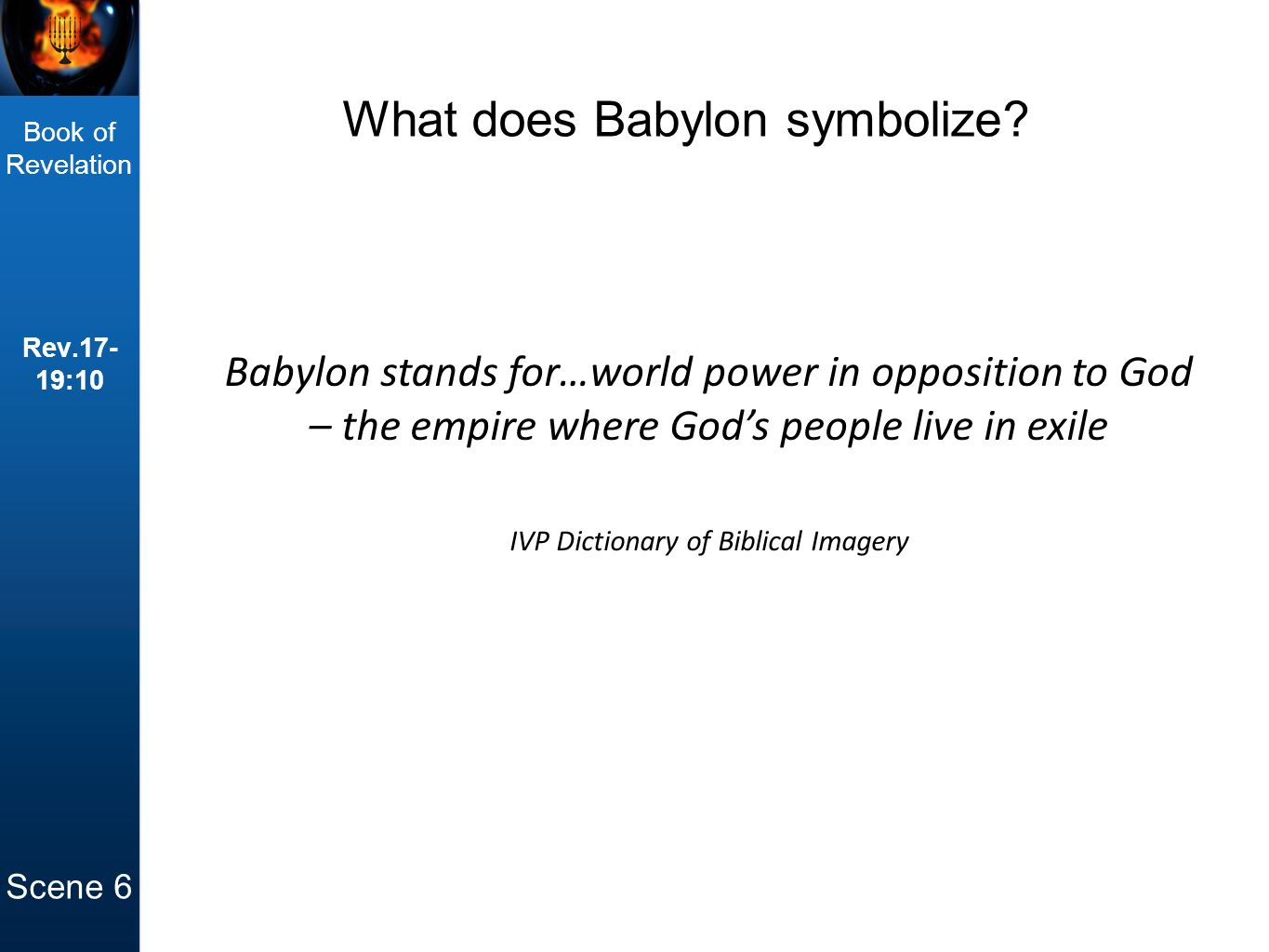What Does Babylon Symbolize
Babylon has long been a symbol of power, wealth, and decadence. Its name conjures images of grandeur and excess, of towering buildings and hanging gardens. But what does Babylon truly symbolize? In this article, we will delve into the rich history and meaning behind this ancient city.
Knowledge
Babylon was a city located in ancient Mesopotamia, in present-day Iraq. It was founded around 2300 BC by the Akkadian king Sargon of Akkad and went on to become one of the most powerful and prosperous cities of its time. The city was known for its impressive walls, which were said to be wide enough for a chariot to turn on top of them, as well as its complex irrigation systems and stunning architecture.
One of the most famous rulers of Babylon was King Hammurabi, who is best known for creating one of the world’s earliest written legal codes, the Code of Hammurabi. This code established laws and punishments for various crimes and offenses and is considered a foundational document in the history of law.
Throughout history, Babylon has been used as a symbol of both greatness and downfall. In the Bible, the city is often associated with sin and immorality, particularly in the Book of Revelation, where it is referred to as “Babylon the Great” and described as a city of luxury and vice.
However, Babylon is also seen as a symbol of cultural and intellectual achievement. The city was home to the Hanging Gardens of Babylon, one of the Seven Wonders of the Ancient World, which were said to be a marvel of engineering and horticulture. Babylon was also a center of learning and scholarship, with renowned astronomers, mathematicians, and philosophers calling the city home.
In modern times, Babylon has come to symbolize a lost paradise, a golden age of civilization that has since faded into memory. It is a reminder of the impermanence of power and wealth, and the fragility of human achievement.
Conclusion
In conclusion, Babylon symbolizes a complex mix of power, wealth, and cultural achievement. It represents both the heights of human civilization and the depths of its moral failings. Its rich history and legacy continue to fascinate and inspire people around the world.
For those interested in ancient history, Babylon offers a wealth of knowledge and insight into the achievements and struggles of past societies. It is a symbol of the enduring human quest for greatness and the pitfalls that can accompany it.
Ultimately, Babylon serves as a cautionary tale, a reminder that even the most powerful and prosperous civilizations are not immune to decline and destruction. It challenges us to reflect on our own values and priorities, and to consider what truly matters in the grand scheme of things.






